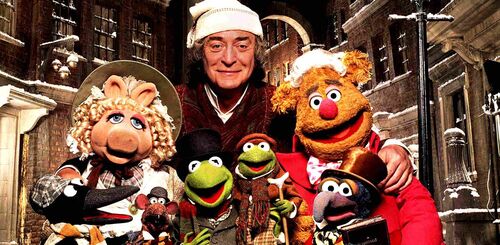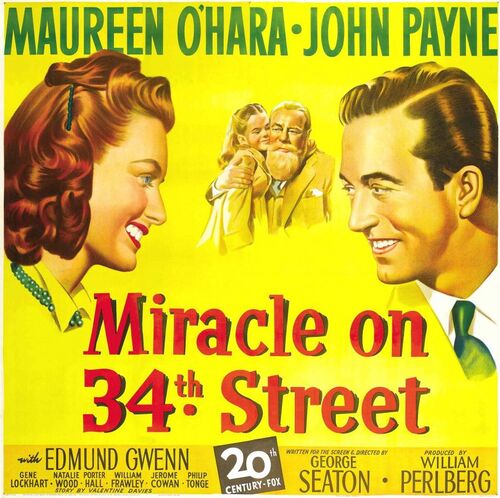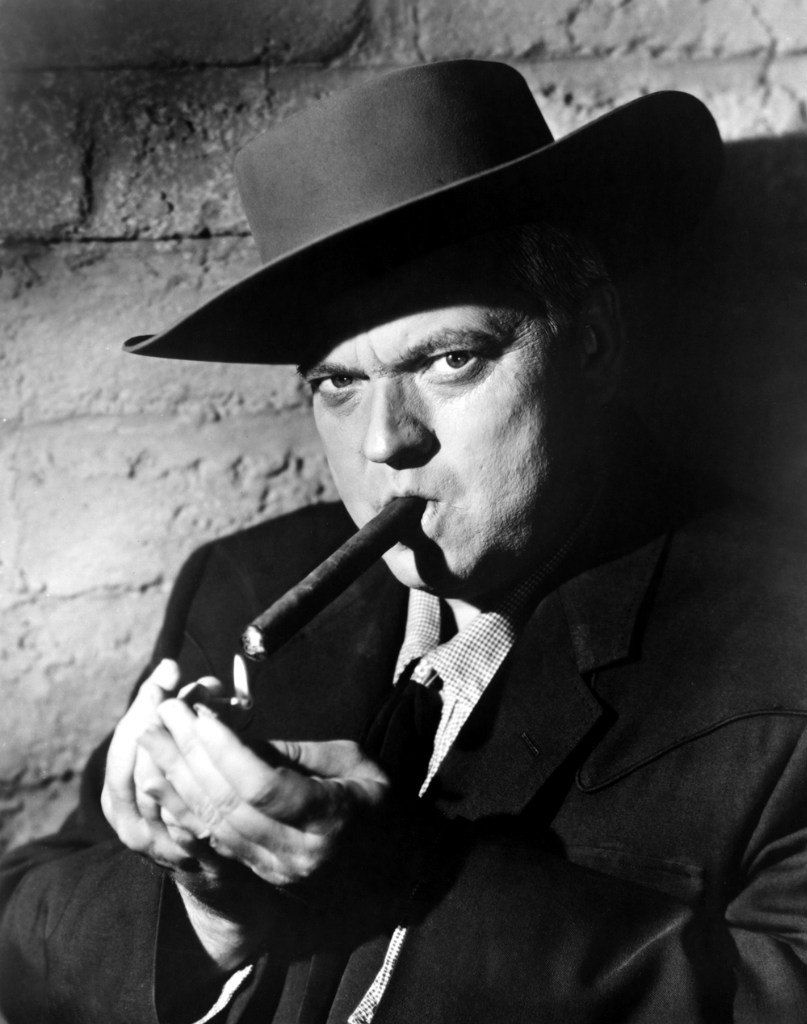
Orson Welles Season: 74 years on, is Citizen Kane still the greatest film ever made?
 In 1939, Orson Welles, star of the theatre and the radio – arguably most famous for his War of The Worlds broadcast, that instigated mass panic when listeners thought the reports of invasion were real – was approached by Hollywood to make a movie.
In 1939, Orson Welles, star of the theatre and the radio – arguably most famous for his War of The Worlds broadcast, that instigated mass panic when listeners thought the reports of invasion were real – was approached by Hollywood to make a movie.
Aged twenty-four, Welles was effectively given the keys to the RKO Pictures, where he was given freedom to develop a project of his choice, with final edit too – something that’s unprecedented to this day in Hollywood.
At the time, it was a contract that was laughed at by other studios, but it was than resulted in Citizen Kane, that today is considered one of, if not the greatest films ever made.
Released in 1941, the film is an exploration into the life of Charles Foster Kane – a character supposedly based on American newspaper publisher, William Randolph Hearst – whose final words, “Rosebud”, inspire a journalist to try and find out their relevance.
Initially, it was a commercial flop – it was even booed at that year’s academy awards – yet Kane has become reverred by filmmakers and critics alike over the last seventy-four years, as a milestone in cinema.
In 1998 and 2007, it topped the American Film Institute’s 100 Years…100 Movies list, and was number one in Sight & Sound’s critics poll for five years running.
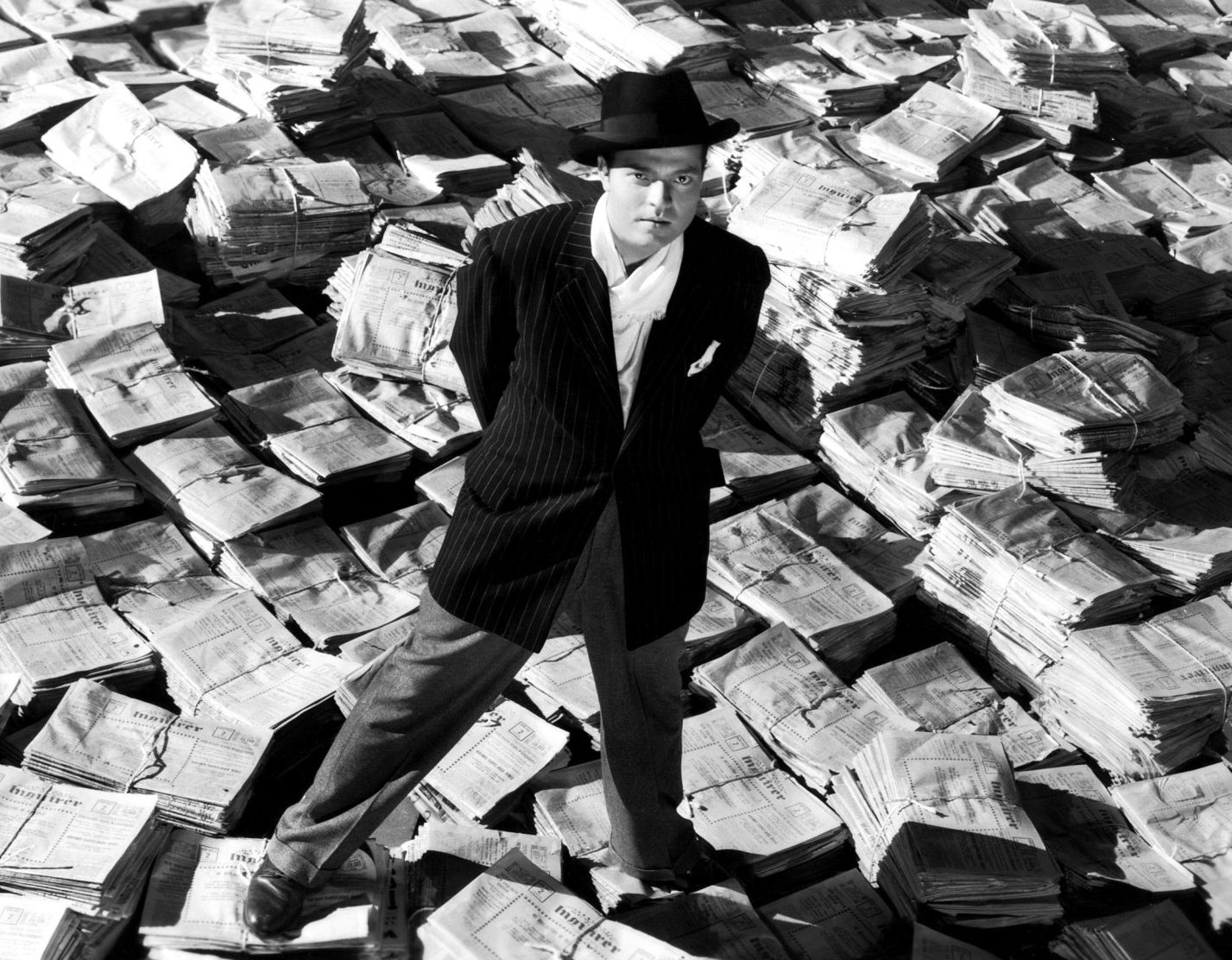
However, after seventy-four years, a time in which films like The Godfather, The Shawshank Redemption and Schindler’s List have all been released; should Citizen Kane still really be considered the greatest film ever made? Is it really THAT good? Or is it simply pretentious film snobbery that keeps it in such high regard?
Recent years would suggest that Kane’s long reign is over. In Sight and Sounds latest poll, the film was knocked off top position by Alfred Hitchcock’s Vertigo; and, whilst second position is still impressive, its movement implies a shift in people’s attitudes toward it.
It would seem that whilst critics and filmmakers alike quite clearly still and will probably always highly admire Citizen Kane, it’s the general, film-going public, that really don’t care for it much.
In IMDB’s top 250 film list, which is based on the ratings of its users, Kane sits at a low sixty-six, way behind more recent, popular cinema such as The Lord Of The Rings, Star Wars, The Matrix and The Dark Knight.
This is essentially mirrored in Empire magazine’s ‘500 Greatest Movies of All Time’ list, in which Kane falls in at number twenty-eight; failing to even make the top twenty which consists of films like Fight Club, The Empire Strikes Back and Raiders of The Lost Ark – my personal favourite of all time.
It’s obvious then, that as time has gone on and expectations of cinema have changed, the average, modern day filmgoer’s definition of ‘great’ has changed too. In a world where superheroes, action, thrills, special effects and sequels thrive at the box office – and some supposed ‘film fans’ won’t even watch a black and white film, assuming that it’ll be ‘old and boring’ – is it really any surprise that Citizen Kane isn’t held in the same regard as it once was?
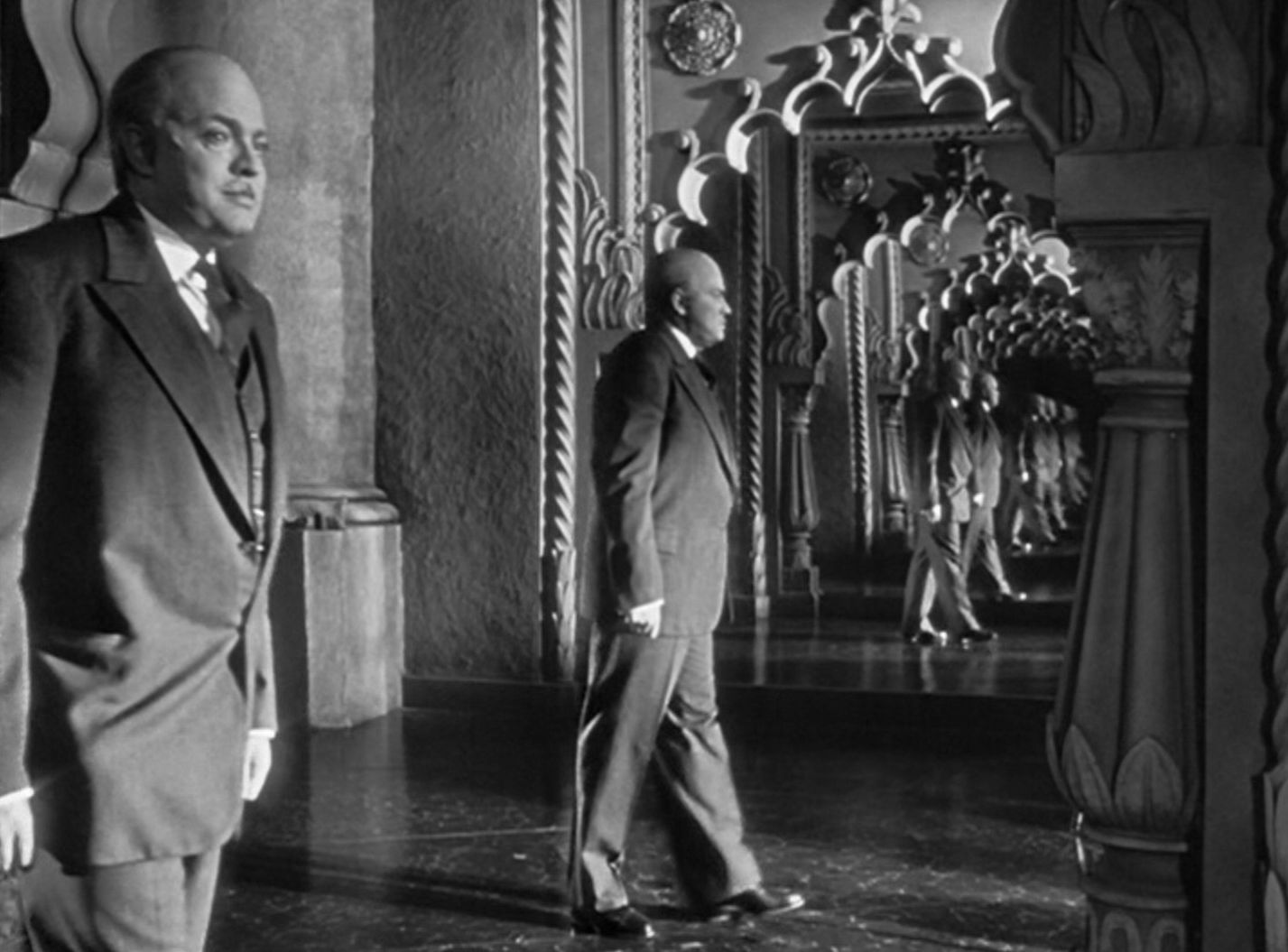
Of course, just because people’s preferences may have changed, it doesn’t in anyway diminish the greatness of Citizen Kane. Personally, it wouldn’t be in my top five of all time – a list consisting of my favourite movies which I can watch time and time again – but I’ll always consider it as one of THE greatest films ever made – namely because of its important and pivotal place within the history of film.
In the late Roger Ebert’s book, The Great Movies, the critic himself says that Citizen Kane is “… a gathering of all the lessons of the emerging era of sound, just as The Birth of a Nation (1915) assembled everything learned at the summit of the silent era, and 2001 (1968) pointed the way beyond narrative. These peaks stand above the others”.
With Kane, Orson Welles pushed the boundaries of film and in doing so skilfully created a piece of pure magic; something that hadn’t been seen before. Things we now take for granted, such as deep focus – a combination of lighting and shot composition which allows everything in the frame to be in focus at the same time – and visible ceilings – previous films didn’t have any any due to microphones and lighting – all stem from Citizen Kane.
Editing effects such as the invisible wipe – think Star Wars – and the seamless transition from full scale sets to miniatures were utilised fully and confidently for the first time too; all of which led to set design, mise-en-scène and camera work becoming more essential than ever in film.
It may sound like film studies pretention, but I honestly believe that the film delivers on an entertaining and emotional level, as well as on a technical one. It’s an enthralling story, with one of the biggest cinematic mysteries at its centre.
As well as its script, it has astounding performances too, especially from Welles in the central role, who ages and changes his appearance with apparent little effort.
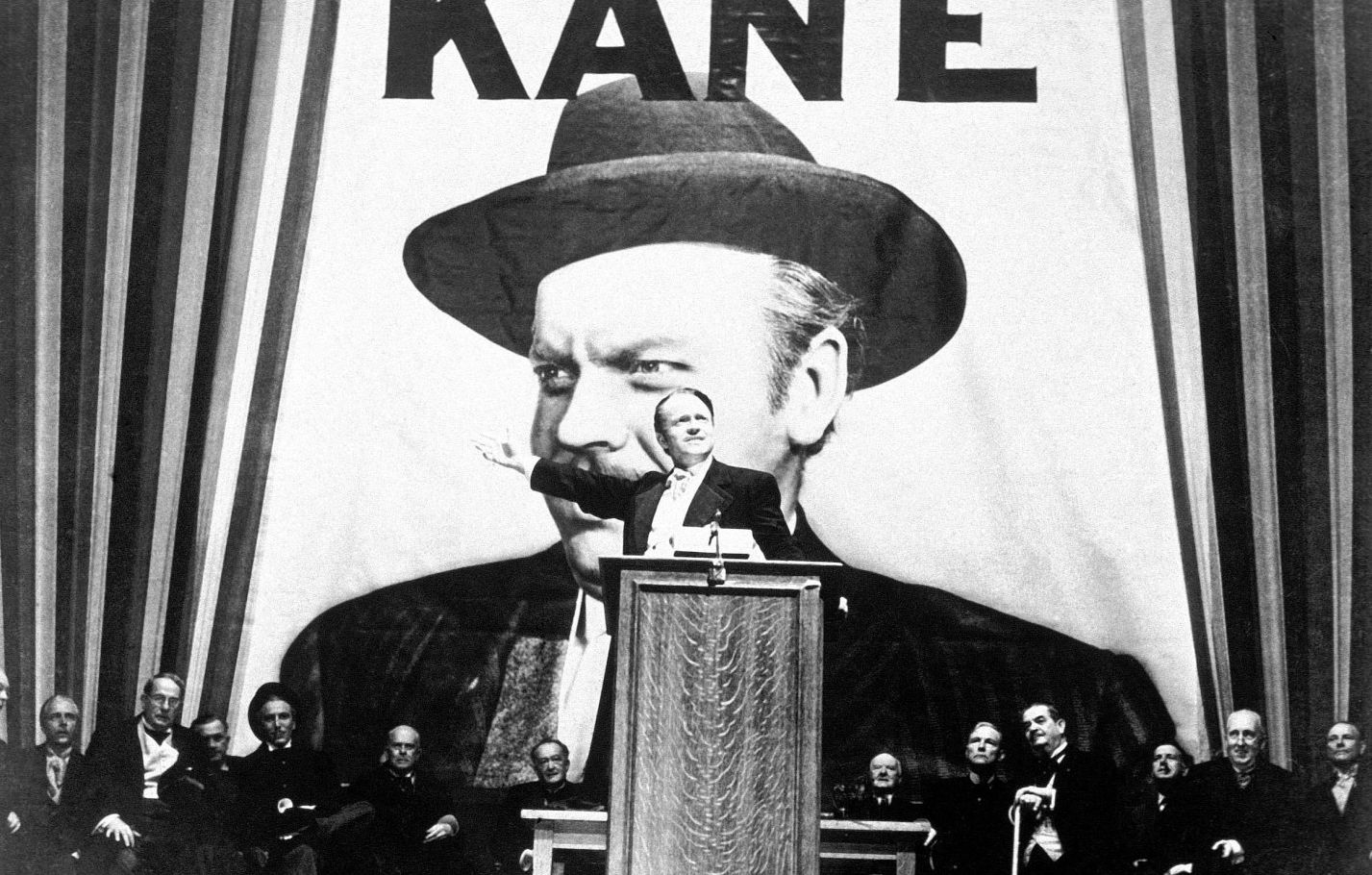
So, is Citizen Kane still the greatest film ever made? In my opinion, yes. It’s certainly not my most loved film of all time, but its long lasting technical achievements and ambitious story telling will always stand out, for me at least, as a key moment in the artform’s history.
When you consider the circumstances around its production especially, Citizen Kane is the filmic lighting in the bottle; a cinematic miracle that, should it get the chance, will inspire and astonish generations of film fans for years to come.
